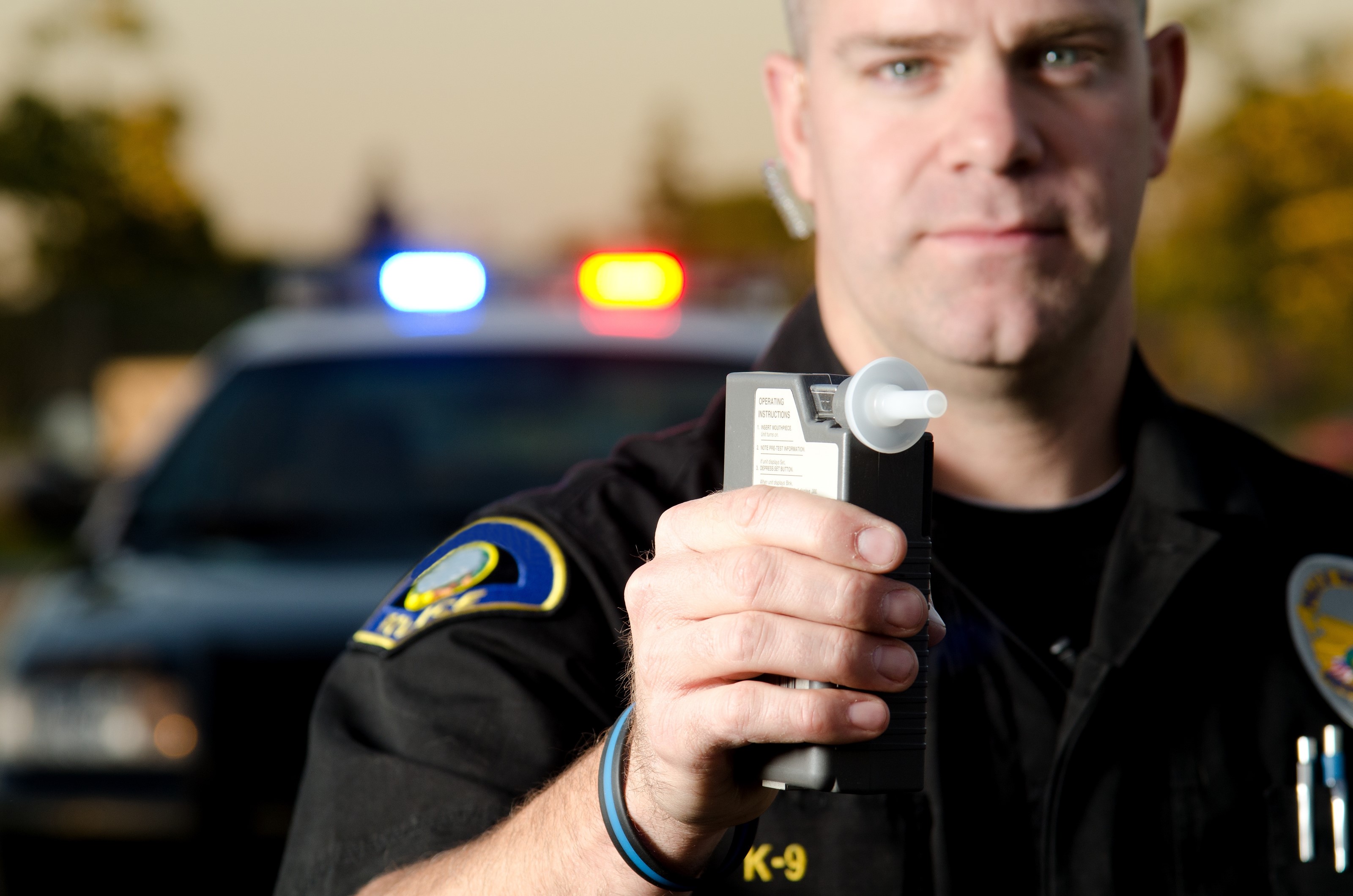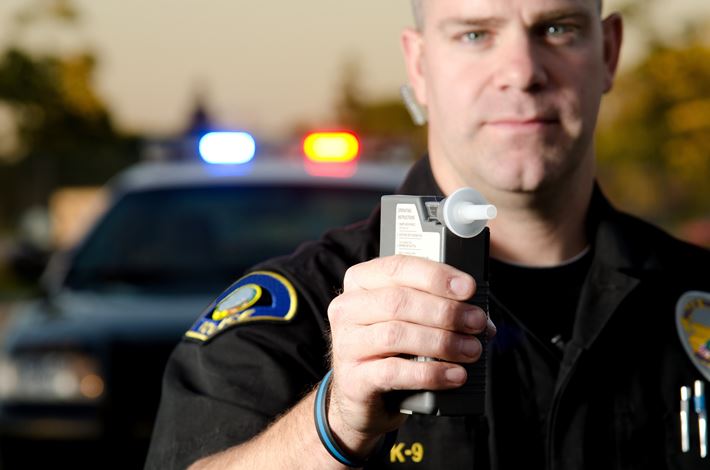Impaired Driving Basics
First we need to talk about what "impaired" means. Impaired driving is the act of operating a vehicle while impaired by drugs or alcohol.
What is a vehicle? Vehicle is very liberally interpreted by the courts and is not just limited to a car, it can be any number of things including a ride on lawnmower, ATV, plane, train, bicycle, or canoe. Impairment can be determined two ways, statutorily impaired or on the evidence of the behaviour of the accused.
"Statutorily impaired" means the accused was found to have a blood alcohol level of 0.08 or above. That's 0.08 grams of alcohol in 100ml of blood.
Old Rules vs. New Rules
As a result of the legalization of cannabis in Canada the government had to expand the impaired driving laws to cover a driving while under the influence of cannabis. The government took the opportunity to revise certain aspects of the alcohol impaired laws and penalties, mainly focusing on statutory impairment.
The largest change comes in the ability to make an Approved Screening Device ("ASD") demand to any legally stopped driver.

This police officer is holding an Approved Screening Device ("ASD"), which is different than the Breathalyzer. The ASD is administered road-side. The Breathalyzer is administered at the station and is required for the accused to be convicted.
Prior to these changes a police officer needed to have a reasonable suspicion that the driver had alcohol in their system in order to legally require a person to submit to an ASD/road-side test. The requirement that the demanding officer have a reasonable suspicion in order to legally require a person to submit to an ASD/road-side test has now been removed.
It's important to remember that a person cannot be convicted of anything based on the ASD test result alone. The ASD will return one of three results:
Pass - 0.00 to 0.04
Warn - 0.05 to 0.09
Fail - 0.10 and higher.
If a person fails the ASD/road-side test, they are brought to the police station for a Breathalyzer.
If the legal limit is 0.08... why is the fail be 0.10? The 0.10 fail threshold gives police a time buffer to bring the accused back to the police station in order to get a result from a Breathalyzer, the results of which can be used to get a conviction.
Canada is not the first country to remove the requirement for a reasonable suspicion in order to demand a breath sample. Australia, New Zealand, Austria, Belgium, Denmark, Finland, France, Germany, Ireland, the Netherlands and Sweden have already switched to similar systems.
🇦🇺🇳🇿🇦🇹🇧🇪🇩🇰🇫🇮🇫🇷🇩🇪🇮🇪🇳🇱🇸🇪
Back in Canada, under the new laws the minimum fine for refusal to take an ASD/road-side test or breathalyzer has doubled to $2,000. It's a common misconception that refusal to take an ASD/road-side test or a Breathalyzer results in an automatic conviction for impaired driving; in fact, refusal to take either or both tests is a separate charge. The fines are likely what is open to attack from defence counsel the most. A fine of $2000 for a guilty plea to a first offence with a reading of 160 is high compared to a range of $1,250.00 to $1,500.00 before. This will lead to more trials for first time offenders as it becomes more worth it for them to take a chance on winning at trial.
While the change in the ability of police officers to request an ASD/road-side test without a reasonable suspicion is getting more media attention, the significant change with the new laws is the increase in penalties. Under the old laws, for a first offence the blood alcohol content ("BAC") reading did not automatically determine the penalty. Also, under the old laws, when an accused had a BAC of above 0.16, the high BAC was taken into account as an aggravating factor.
Under the new laws, the minimum fines are determined as follows:
80 to 119 = a fine of $1,000.00
120 to 159 = a fine of $1,500.00
160+ = a fine of $2,000.00.
These are just the minimums based on BAC, they can be increased depending on other factors such as speeding, an accident, driving in a school zone, etc.
The other noteworthy change is that drivers are now eligible to enter the interlock program earlier. Under the old laws, a convicted person would need to wait 90 days could start the program. This was separate from the provincial administrative suspension which was still served. Now a first time offender can enter the program once the administrative suspension has been served. This means people convicted of driving while impaired can now drive sooner, as long as it's their first offence.
The goal of these changes is to reduce the number of deaths caused by impaired drivers. It is suggested that half of impaired drivers make it through a spot check undetected. Catching the other half was the motivation behind removing the requirement for a reasonable suspicion before demanding an ASD/road-side test.
Will the new legislation survive a charter challenge? Section 8 of the Charter protects Canadians from unreasonable search and seizure. It may, at first glance, appear that this legislation is unconstitutional. However, the right against unreasonable search and seizure is limited by Section 1 of the Charter:
The Canadian Charter of Rights and Freedoms guarantees the rights and freedoms set out in it subject only to such reasonable limits prescribed by law as can be demonstrably justified in a free and democratic society.
Impaired driving poses a danger to Canadians and protection of the public from a proven danger may justify an infringement on a liberty.
It's likely this legislation will be subject to multiple Charter challenges which may even rise to the Supreme Court of Canada. The success or failure of those challenges depends on how the courts answer this question: has this legislation gone too far and is now encroaching on the liberties of law abiding Canadians?

This post was written by our criminal and personal injury lawyer, Tj McKeough.
If you'd like to contact Tj, you can reach him at [email protected]






0
This post does not allow comments.- 1
arrow-eseek-eNo items to display